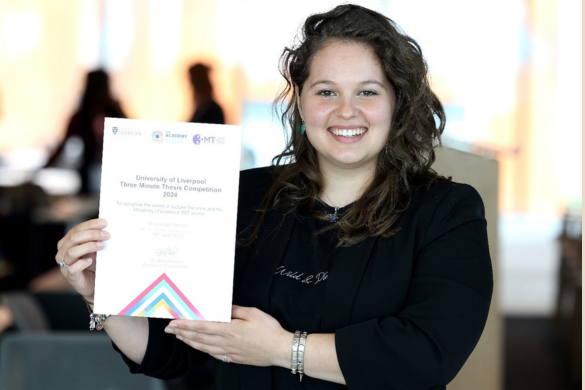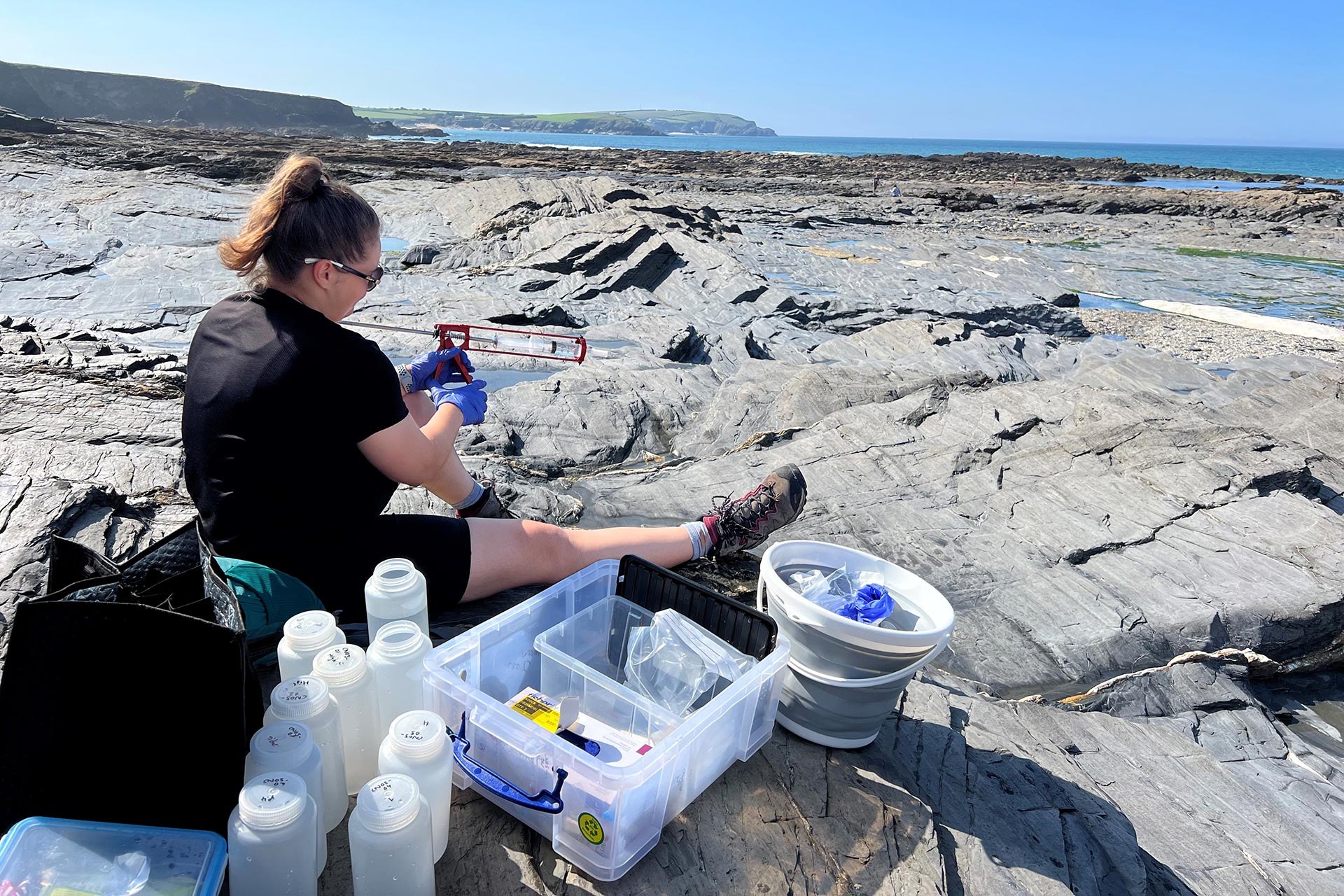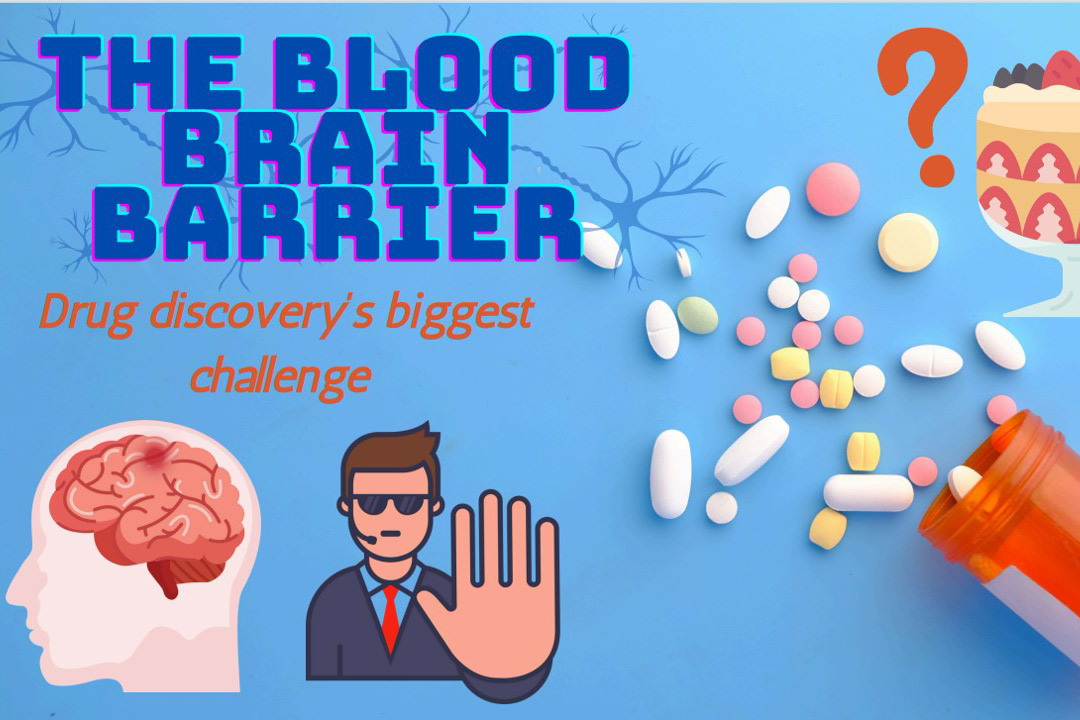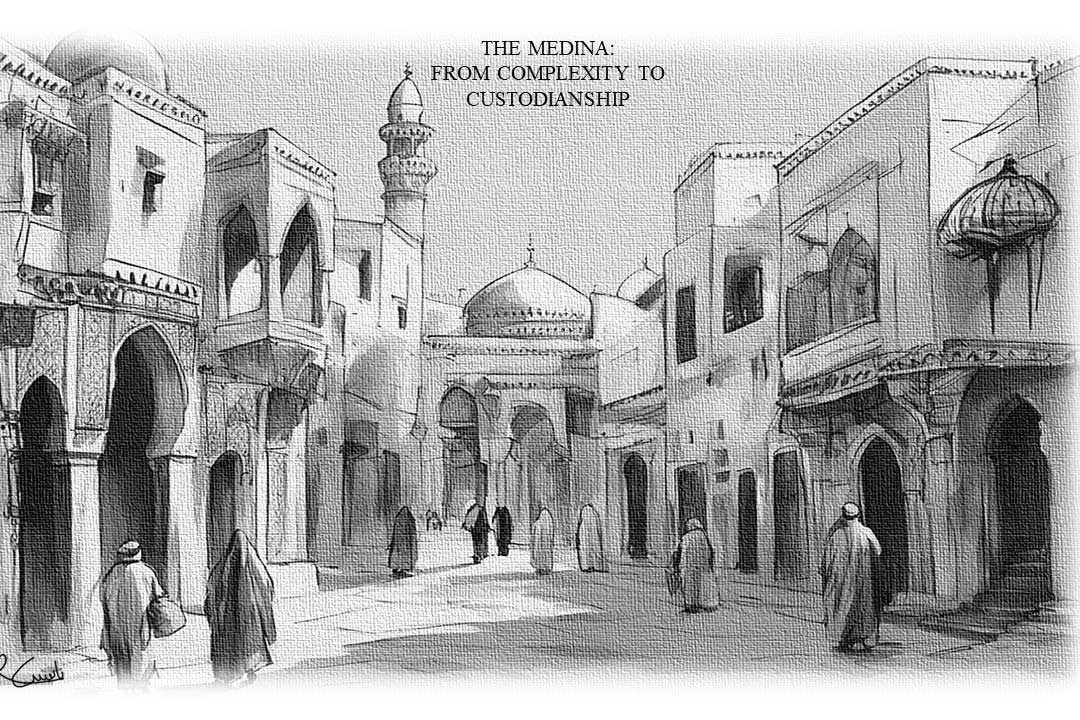Three Minute Thesis 2024
The three-minute thesis (3MT) competition was developed by the University of Queensland to celebrate the exciting research conducted by doctoral research students.
Since the inaugural event in 2008 the popularity of the competition has reached truly global heights with 900 universities holding events across 85 countries.
This year, we ran our own competition to decide who will represent the University of Liverpool at the national 3MT competition. Nine researchers from across all three Faculties presented in front of a judging panel and a live audience.
Meet a selection of this year's 3MT finalists and find out more about their fascinating work. You can view last year's finalists here.

Three Minute Thesis (3MT®) – The Winners 2024
Find out more about the University of Liverpool's 3MT event, including who was crowned winner and who took home the people's choice award.




